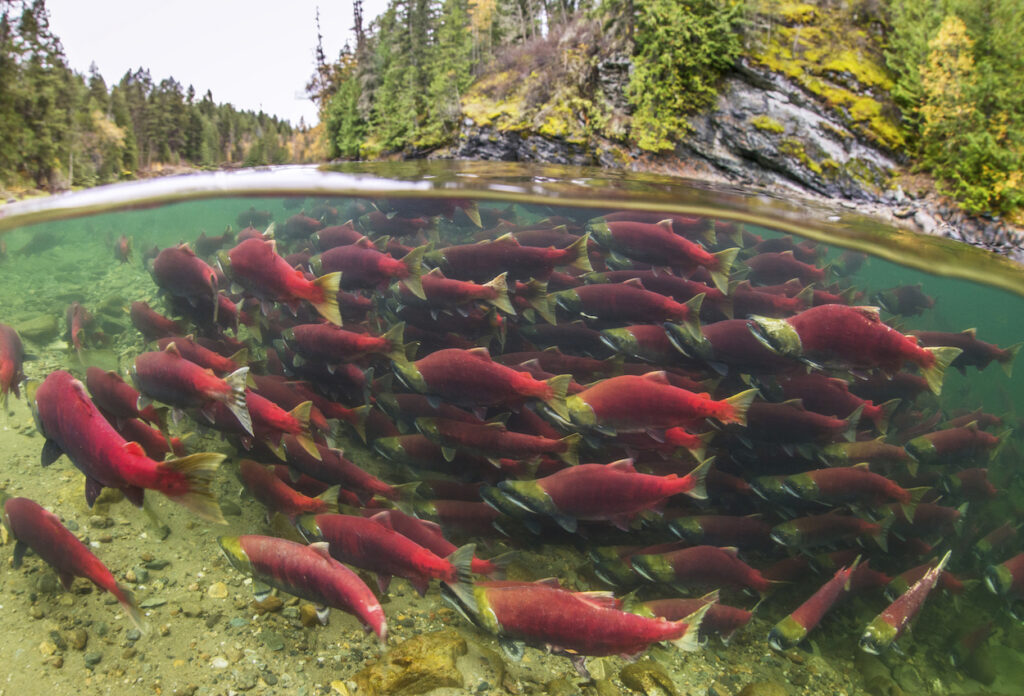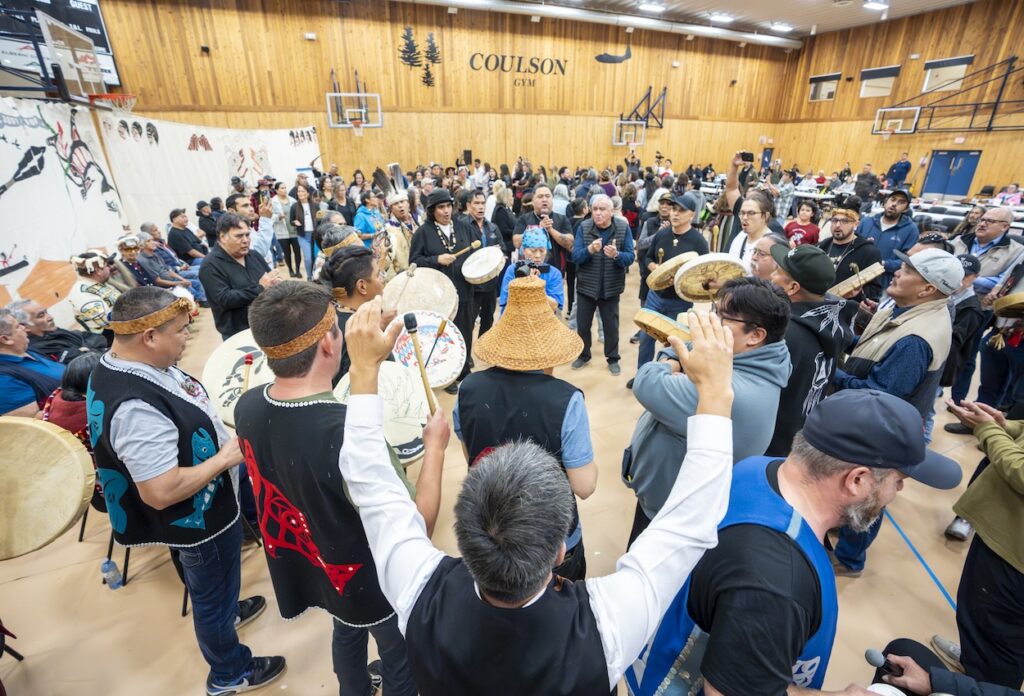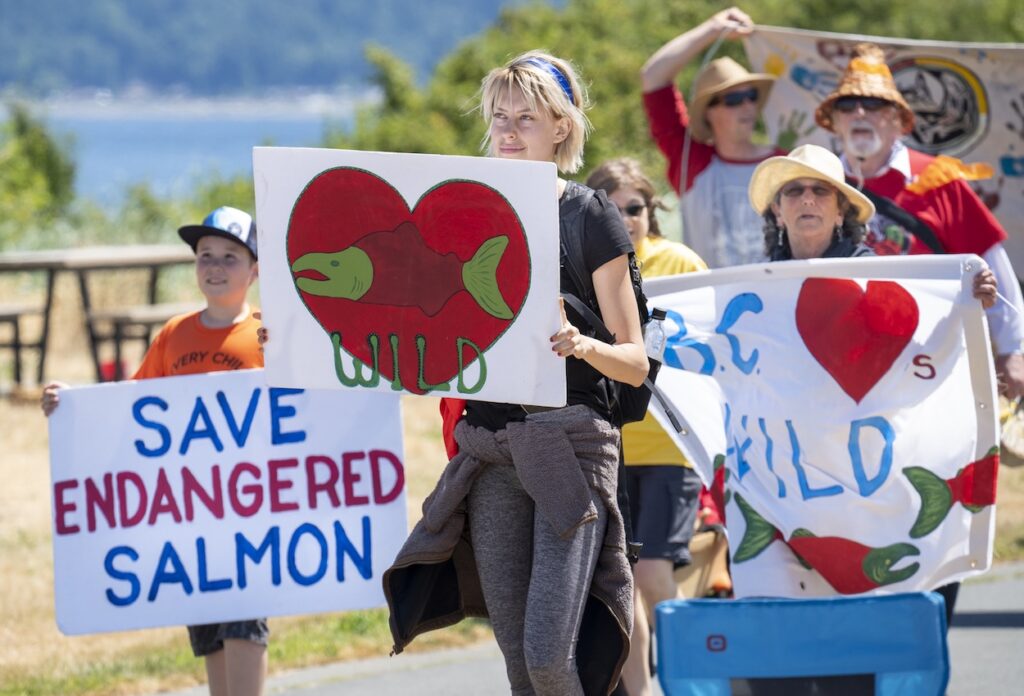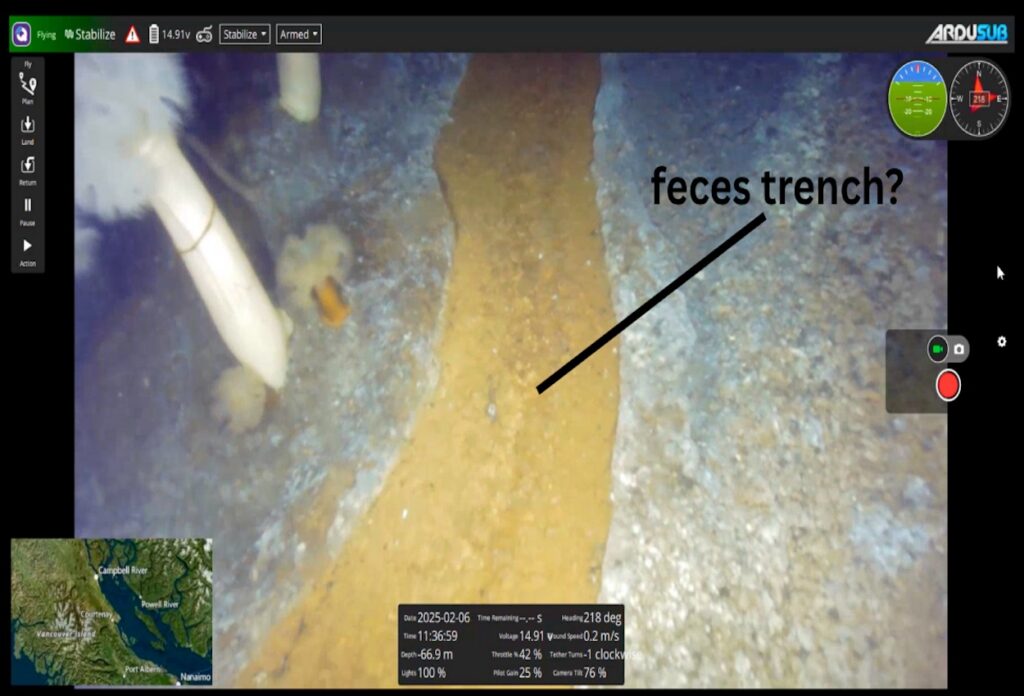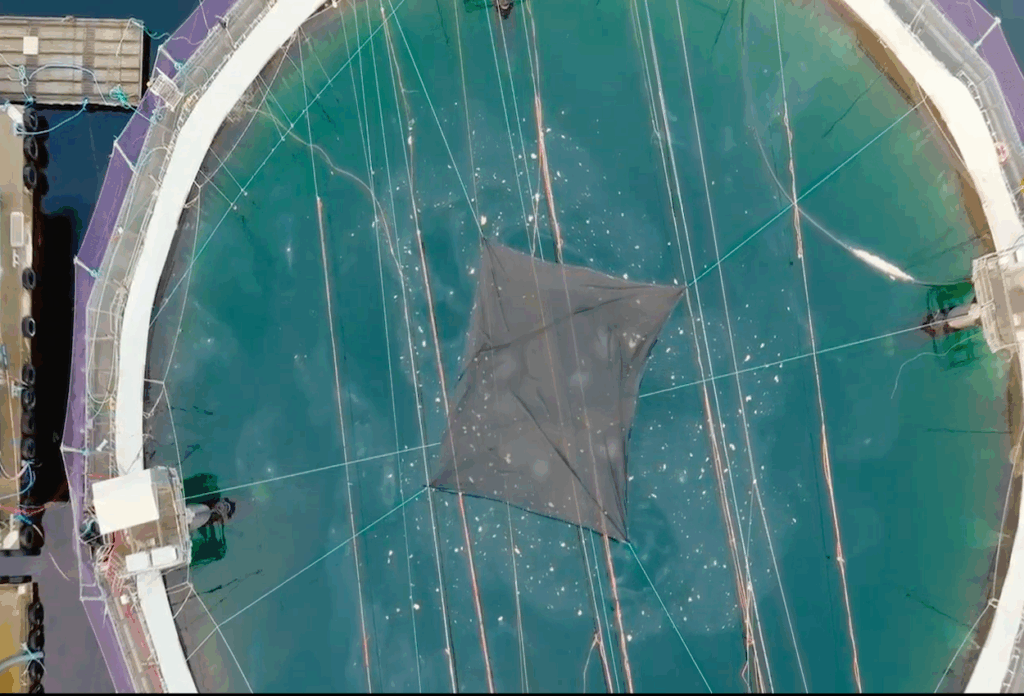(Read Part 1 here)
In 1992 in Tofino we decided to switch to a Gandhian style of peaceful resistance. We would sit or stand on the road and stop the logging trucks from getting through until the police arrested us (without using pepper spray). It was a tough strategy to enact. Every day after the handful of arrests, those remaining would stand aside and let the loggers through. We’d then spend the day choking on dust as the trucks rolled back out laden with recently felled monumental cedars. But we persevered in the belief that we couldn’t physically stop the logging, so we needed to sway the public through valiant mass actions.
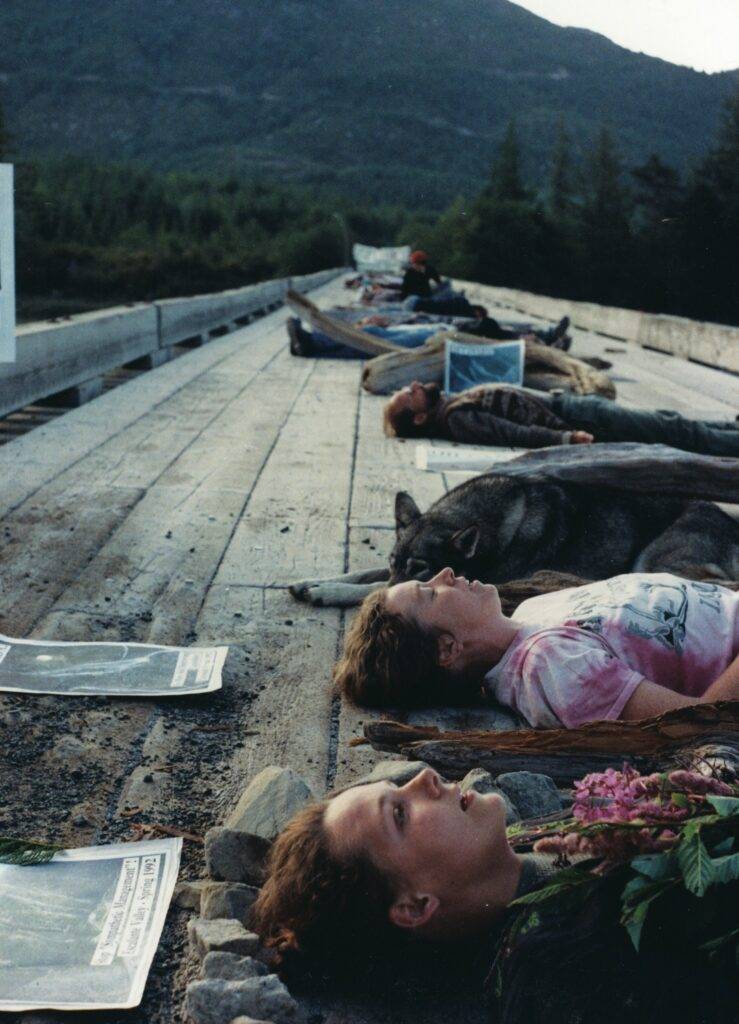
Clayoquot Summer 1993
In the spring of 1993, the BC government blindsided everyone by announcing that Clayoquot Sound would be logged. Only one third would be protected—mostly bog and outer coast scrub forest which was not slated for logging. Tofino locals scrambled to prepare for a long hot summer. While driving back from Ucluelet one day, Bonny Glambeck drove past the Black Hole, a massive burned-over clearcut right beside Highway 4. We decided to turn this location to tactical advantage, and set up the Clayoquot Peace Camp right there beside Highway 4. By separating the campsites from the frontline, and locating the camp right beside the highway, thousands of people were able to stop in to learn about what was happening without fear of arrest. The burnt stumps were a constant reminder of the potential fate of Clayoquot’s ancient rainforests.
In the end, ten thousand people passed through the Peace Camp, with flags flying at the entrance representing all their nationalities. Nearly one thousand people were arrested, and forestry was changed forever in BC.
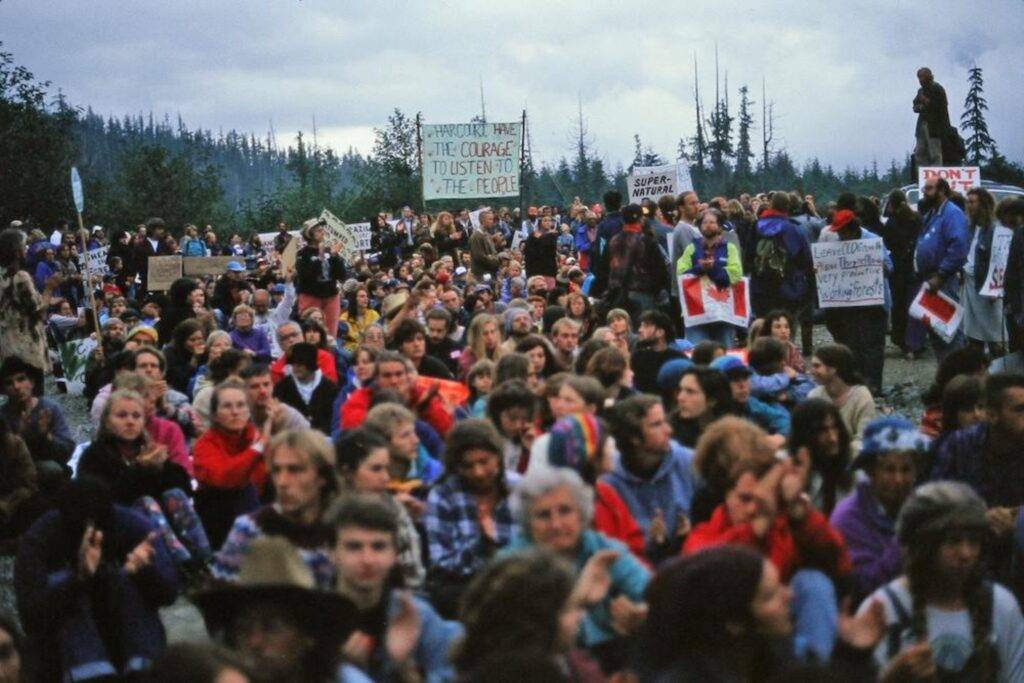
BC park system doubled by NDP
Many of the changes made were largely window dressing. On the good side, the NDP government fulfilled their promise to double the parks system in BC, protecting many of the most notable areas marked on the Valhalla map. But they also brought in the Forest Practices Code, which calmed the public but didn’t really change much on the ground.
Then in l998, Macmillan Bloedel announced the end of clearcut logging—to be replaced by a new technique called ‘variable retention’. Basically, they would retain some standing trees in a clearcut, but the amount of trees retained could vary from 15% to 80%. The Central Region Nuu-Chah-Nulth tribes announced a joint venture with Macmillan Bloedel—forming Iisaak Forest Resources. The first tree was felled with media present and environmentalists cheering (although the company went in several years later and cut the same block again, leaving far fewer trees).
At some point the public moved on to other issues, and the Great Bear Rainforest deal was struck with much less public scrutiny. There was no revolt when the decision to log most of the Great Bear was announced. The big groups talked about the ‘shift from blockades to boardrooms’, but without on-the-ground resistance they didn’t have much power other than boycott campaigns, and they agreed to drop those.
The war continues…
There never really was a ‘War’ in the Woods—the resistance was entirely peaceful. If anything, the War in the Woods was the assault by logging corporations on the few remaining valley bottoms of ancestral rainforest. That war continues today. Although many notable areas have been protected as parks, British Columbia has failed to stop the logging of ancient forests as other jurisdictions such as New Zealand have done. This has led directly to the conflict at Fairy Creek, and all the same debates are happening again thirty years later—with the facts on the side of protecting all of what is left, now more than ever.
You would think that during a global pandemic, governments could see that spending money on law enforcement to arrest peaceful citizens is a waste. The value of the trees in Fairy Creek has been pegged at ten million dollars. We’ve currently spent at least twice that on enforcement, with no end in sight.
What these citizens are asking for is what the provincial government promised during last fall’s provincial election, frustrating people even more. There is nothing more a people can do democratically than to elect a government promising to do what the voters want. When that government then refuses to do what they themselves promised, what is left but civil disobedience? The story of the War in the Woods is not over yet…
Dan Lewis is Executive Director of Clayoquot Action.
Previously published in Watershed Sentinel.
